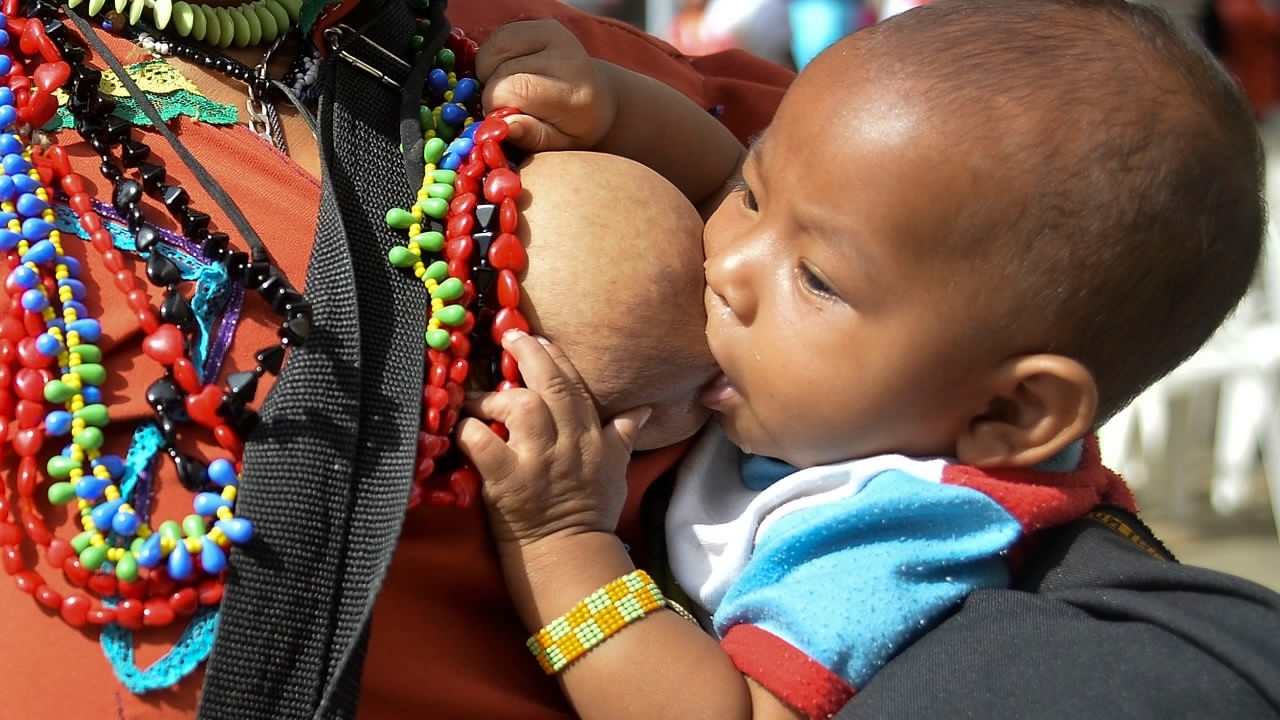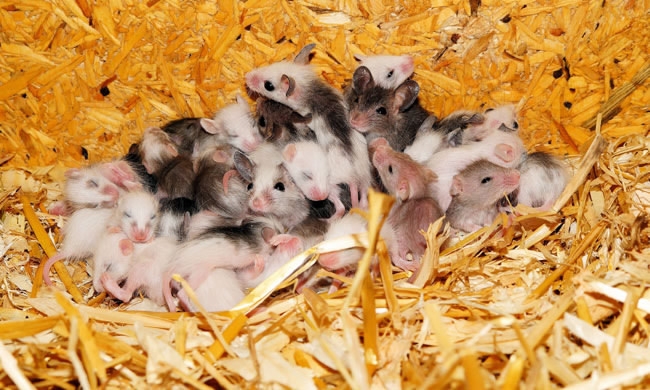
Tech & Sci
08:58, 28-Sep-2017
Lactation hormone helps a mother's brain

The same hormone that stimulates milk production for lactation also acts in the brain to help establish the nurturing link between mother and baby, New Zealand researchers said on Tuesday.
The University of Otago researchers have found that signaling by the hormone prolactin to its receptors in a specific brain region is essential for mothers to show vitally important maternal nurturing behavior towards their babies, according to an article published in the journal PNAS.
Prolactin is best known for its role in enabling milk production in mammals. This finding raises the question, is this brain circuitry the "feel good" factor to encourage breastfeeding?

Mice without prolactin receptors were able to get pregnant and give birth normally, but they abandoned their litters around 24 hours after birth. /Photo via University of Otago
Mice without prolactin receptors were able to get pregnant and give birth normally, but they abandoned their litters around 24 hours after birth. /Photo via University of Otago
The research team at the University's Center for Neuroendocrinology undertook targeted deletion of prolactin receptors in the preoptic area of the brains of adult female mice, the article said.
The study's co-author, Rosie Brown, said that the team observed that these mice without prolactin receptors were able to get pregnant and give birth normally, but abandoned their litters around 24 hours after birth.
"Our findings establish a critical role for prolactin for more than simply milk production," Brown said, adding that this work is the first to show this hormone is a literal lifesaver in that it establishes and maintains the normal parental care that ensures offspring survival.
Disruptions in the ability of prolactin to communicate in the brain could lead to problems for mothers establishing a bond with their baby, which may in part explain issues with some animal species abandoning their young, she said.
Source(s): Xinhua News Agency

SITEMAP
Copyright © 2018 CGTN. Beijing ICP prepared NO.16065310-3
Copyright © 2018 CGTN. Beijing ICP prepared NO.16065310-3